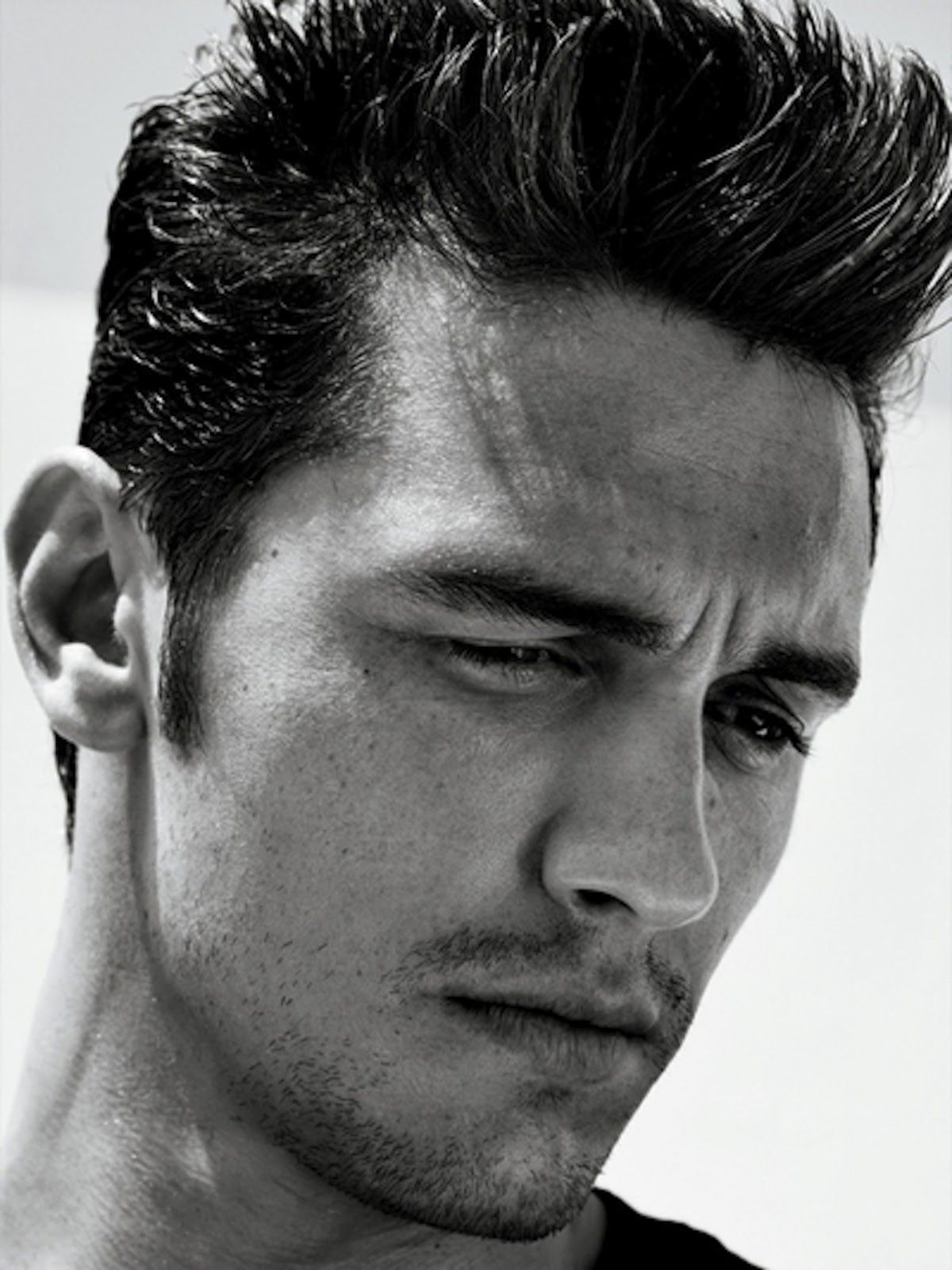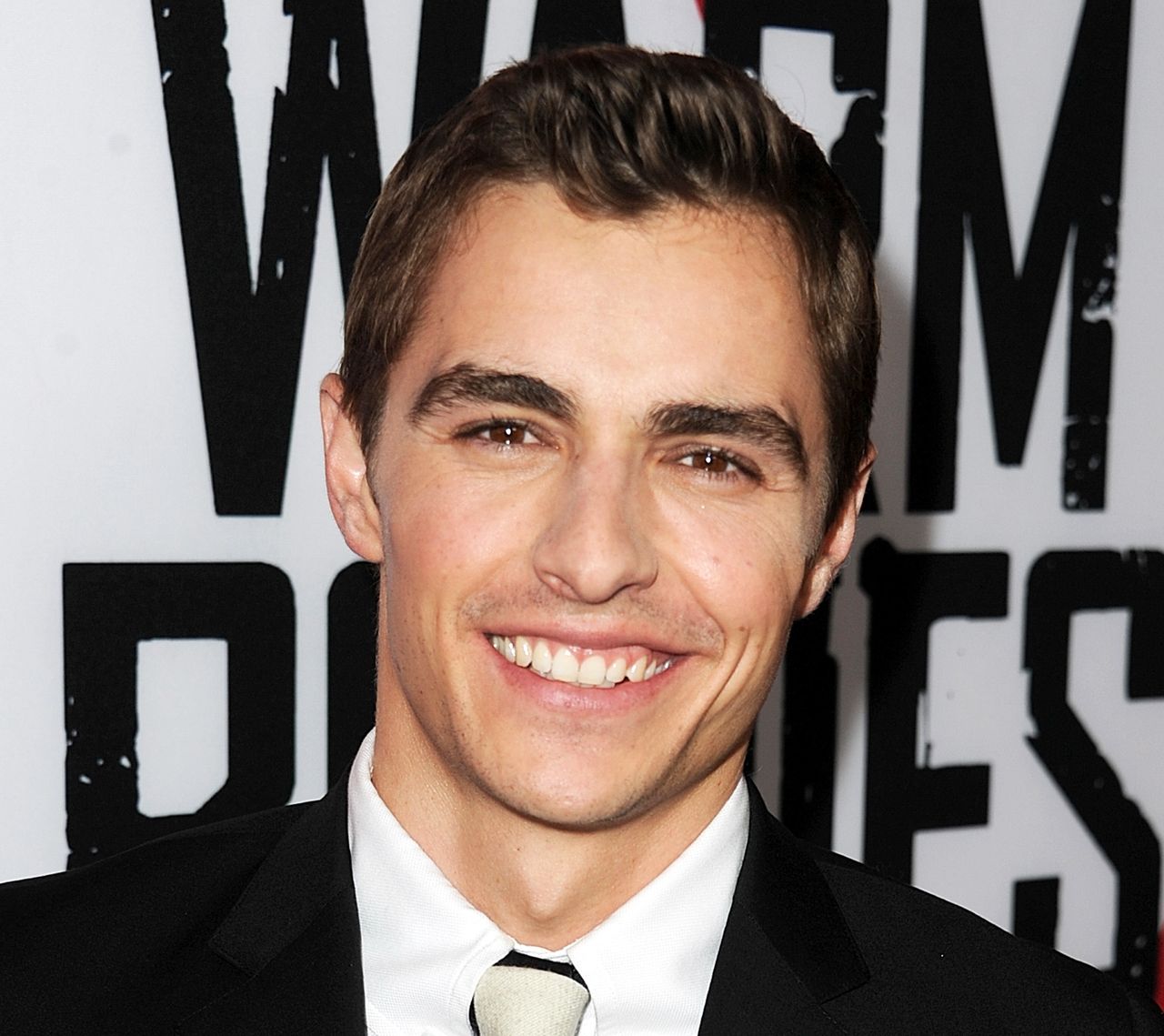Francisco Franco: Unraveling Spain's Controversial Dictator
Francisco Franco’s legacy looms large over Spain, shaping its politics, culture, and collective memory. For decades, his authoritarian rule cast a long shadow, defining an era of profound change and deep divisions within the nation. Understanding the complexities of Franco's reign is not merely an academic exercise; it's essential for grasping the foundational elements of modern Spain, from its democratic transition to its ongoing debates about historical memory.
This article delves into the intricate life and controversial dictatorship of Francisco Franco, exploring his rise to power, his governance during the Spanish Civil War and beyond, and the lasting impact he had on a nation struggling to reconcile with its past. We will navigate the political landscape he dominated, the wars he waged, and the personal aspects that shaped his public persona, offering a comprehensive look at a figure whose influence continues to resonate.
The Man Behind the Myth: Francisco Franco's Early Life
To comprehend the figure of Francisco Franco, one must first look at his origins. Born Francisco Paulino Hermenegildo Teódulo Franco y Bahamonde Salgado Pardo, his early life was steeped in the military tradition that would define his entire career. His birthplace, Ferrol, a naval port in Galicia, undoubtedly influenced his path, pushing him towards a life of discipline and command from a young age.
Franco's upbringing in a traditional, conservative family environment, coupled with the socio-political instability of early 20th-century Spain, fostered a worldview that prioritized order, authority, and national unity above all else. His entry into the Toledo Infantry Academy marked the beginning of a rapid ascent through the ranks, demonstrating an early aptitude for military strategy and leadership that would soon be put to the ultimate test.
Formative Years and Military Ascent
Francisco Franco distinguished himself early in the colonial wars in Morocco, where he gained invaluable combat experience and a reputation for bravery and tactical acumen. His service in the Spanish Army of Africa, a brutal proving ground, shaped his leadership style and solidified his belief in a strong, centralized state. It was here that he cultivated the loyalty of his troops and earned the respect of his superiors, paving the way for his future influence.
By the 1930s, Franco was one of Spain's youngest generals, a testament to his military prowess. He held significant positions within the military hierarchy, including director of the General Military Academy in Zaragoza, where he instilled his conservative values and rigorous training methods into a new generation of officers. This period of his life was crucial in building the network and authority that he would later leverage to seize control of Spain.
The Spark of Conflict: Franco and the Spanish Civil War
The political climate in Spain during the 1930s was volatile, marked by deep ideological divides between left-leaning Republicans and right-wing Nationalists. The election of the Popular Front government in 1936 exacerbated these tensions, leading to widespread social unrest and political polarization. It was against this backdrop that Francisco Franco emerged as a central figure in the unfolding drama.
He joined the 1936 military uprising that led to the Spanish Civil War, a brutal conflict that tore the country apart. Though initially reluctant to take a leading role, Franco quickly consolidated power within the Nationalist faction, demonstrating a ruthless determination and strategic foresight that set him apart from his fellow generals. The war, a crucible of violence and ideological fervor, would ultimately elevate him to the supreme leadership of the Nationalist forces.
From Uprising to Leadership
As the Spanish Civil War progressed, Franco skillfully outmaneuvered his rivals within the Nationalist movement, assuming leadership of the fascist-leaning forces. His disciplined approach, combined with crucial military aid from Nazi Germany and Fascist Italy, allowed his armies to gain the upper hand against the fragmented Republican resistance. The war was characterized by immense suffering, widespread atrocities, and the destruction of much of Spain's infrastructure.
Franco's victory in 1939 marked the end of the Second Spanish Republic and the beginning of nearly four decades of authoritarian rule. His triumph was not just a military one; it was a profound ideological victory for the conservative, nationalist, and Catholic elements he represented, setting the stage for a regime that would systematically suppress dissent and reshape Spanish society according to his vision.
A Dictatorship Forged: Franco's Rule in Spain
After the civil war, Franco established a highly centralized and repressive dictatorship. Although Franco had visions of restoring Spanish grandeur, in reality, he was the leader of an impoverished and deeply scarred nation. His regime, often described as a military dictatorship with strong fascist undertones, systematically dismantled democratic institutions, suppressed political opposition, and imposed strict social controls.
The early years of his rule were marked by widespread political purges, executions, and imprisonment of those who had supported the Republican cause. This period, known as the "White Terror," aimed to eradicate any lingering opposition and solidify Franco's absolute power. His regime relied heavily on the military, the Catholic Church, and a single political party, the Falange, to maintain control and propagate its ideology.
Ideology and Governance
Franco's ideology, often referred to as "Franquismo," was a blend of traditional conservatism, nationalism, Catholicism, and elements borrowed from fascism. He promoted a vision of Spain as a unified, Catholic, and imperial nation, harking back to a romanticized past. The state exerted tight control over all aspects of life, from education and media to economic activity, suppressing regional identities and promoting a singular Spanish identity.
Economically, Franco initially pursued a policy of autarky (economic self-sufficiency), which proved largely unsuccessful and contributed to Spain's post-war poverty. Later, particularly from the 1950s onwards, his regime adopted more liberal economic policies, leading to a period of rapid economic growth known as the "Spanish Miracle." However, this growth came at the cost of political freedoms, as the regime remained authoritarian and resistant to any form of democratic reform.
Spain on the World Stage: Franco's Foreign Policy
Franco's foreign policy was largely shaped by the aftermath of the Spanish Civil War and the outbreak of World War II. Though in sympathy with the Axis powers in World War II, Spain remained formally neutral. This neutrality was a pragmatic decision, as Spain was still recovering from its own devastating civil war and lacked the resources to engage in another major conflict.
Despite formal neutrality, Franco's regime provided some material and ideological support to the Axis, notably sending the Blue Division to fight alongside the Germans on the Eastern Front. However, as the tide of the war turned against the Axis, Franco skillfully distanced Spain from its former allies, a move that proved crucial for the survival of his regime in the post-war international order.
Neutrality and Isolation
After World War II, Franco was ostracized as the "last surviving fascist dictator." Relations with other Western democracies were strained, and Spain faced significant international isolation. The United Nations imposed sanctions, and Spain was excluded from the Marshall Plan, which helped rebuild war-torn Europe. This period of isolation forced Franco to rely on internal resources and further cemented his autocratic control.
However, the geopolitical landscape of the Cold War eventually led to a shift in international attitudes towards Spain. The United States, seeking anti-communist allies, began to view Franco's regime as a strategic partner. This led to the Madrid Pacts of 1953, which allowed the U.S. to establish military bases in Spain in exchange for economic and military aid, effectively ending Spain's international isolation and providing a much-needed boost to its economy and legitimacy on the world stage.
The End of an Era: Franco's Later Years and Death
As the decades passed, Franco maintained a firm grip on power, though his health began to decline in his later years. He meticulously planned for the continuation of his regime after his death, designating Juan Carlos de Borbón as his successor, with the expectation that the young prince would maintain the authoritarian system. This decision, however, would ultimately pave the way for Spain's transition to democracy.
Francisco Franco Bahamonde passed away on November 20, 1975, in Madrid, bringing an end to nearly four decades of his dictatorship. His death marked a pivotal moment in Spanish history, opening the door for the country to embark on a remarkable and largely peaceful transition from authoritarian rule to a democratic monarchy, a process known as the "Transition."
Francisco Franco's Enduring Legacy: A Nation Divided
Francisco Franco’s legacy looms large over Spain, shaping its politics, culture, and collective memory. His rule left an indelible mark, and his impact continues to be debated and felt across generations. For many, Franco represents a period of brutal repression, the suppression of freedoms, and a dark chapter in Spanish history. For others, particularly older generations who experienced the stability and economic growth of the later Franco years, his rule is viewed with a degree of nostalgia or even appreciation for maintaining order.
The memory of the Civil War and the Franco dictatorship remains a sensitive and often divisive issue in Spain. Debates over historical memory, the exhumation of mass graves, and the removal of Francoist symbols continue to ignite passionate discussions, highlighting the ongoing complexities of Franco’s rule and its lingering effects on Spanish society. The nation grapples with how to reconcile its past with its present, ensuring that the lessons of history are learned without reopening old wounds.
Beyond Francisco Franco: Other Notable "Francos"
While the name "Franco" is predominantly associated with the Spanish dictator, it's worth noting that it is a common surname, and other individuals bearing the name have also made headlines, albeit in very different contexts. For instance, in contemporary news, Rays shortstop Wander Franco was found guilty of sexual abuse of a minor in his native Dominican Republic. This serves as a stark reminder that a shared surname does not imply any connection or shared legacy, and the focus of this article, as dictated by the extensive historical data provided, remains firmly on Francisco Franco.
Understanding Franco's Impact on Modern Spain
In this article, we delve into the complexities of Franco’s rule and its ongoing influence. Understanding Francisco Franco is crucial for anyone seeking to comprehend modern Spain. His dictatorship, though decades in the past, continues to inform political discourse, cultural identity, and the very fabric of Spanish society. The transition to democracy was a direct response to his authoritarianism, and many of Spain's current institutions and social norms were shaped by the need to move beyond his legacy.
Historians like Stanley Payne, among others, have meticulously analyzed Franco's regime, providing insights into his leadership style, his ideological underpinnings, and the profound societal changes he enforced. For example, Franco, under the pseudonym Jaime de Andrade, wrote a brief novel called "Raza," whose protagonist is believed by Stanley Payne to represent the idealised man of the regime – a reflection of Franco's own vision for Spain and its people. This literary endeavor, though minor, offers a glimpse into the mind of the dictator and his aspirations for a 'new' Spain.
Biodata: Francisco Franco
To provide a clearer overview of the historical figure, here is a summary of Francisco Franco's key personal data:
| Attribute | Detail |
|---|---|
| Full Name | Francisco Paulino Hermenegildo Teódulo Franco y Bahamonde Salgado Pardo |
| Born | December 4, 1892, Ferrol, Spain |
| Died | November 20, 1975, Madrid, Spain |
| Role | Spanish General, Dictator of Spain (1939-1975) |
| Pseudonym | Jaime de Andrade (for the novel "Raza") |
| Key Historical Events | Spanish Civil War, World War II (Spain remained formally neutral) |
| Legacy | Shaping Spain's politics, culture, and collective memory |
Table of Contents
- The Man Behind the Myth: Francisco Franco's Early Life
- The Spark of Conflict: Franco and the Spanish Civil War
- A Dictatorship Forged: Franco's Rule in Spain
- Spain on the World Stage: Franco's Foreign Policy
- The End of an Era: Franco's Later Years and Death
- Francisco Franco's Enduring Legacy: A Nation Divided
- Beyond Francisco Franco: Other Notable "Francos"
- Understanding Franco's Impact on Modern Spain
- Table of Contents
Conclusion: Franco's Shadow and Spain's Future
Francisco Franco's rule was a defining chapter in Spain's modern history, a period marked by civil war, authoritarianism, and profound social transformation. From his rise as a military leader to his decades as dictator, Franco meticulously shaped a nation according to his conservative and nationalist vision. His legacy, however, remains a complex and contested terrain, symbolizing for many the pain of a divided past, while for others, a period of order and stability.
The ongoing debates about historical memory in Spain underscore the enduring power of Franco's influence. Understanding this period is not just about recounting facts; it's about appreciating the resilience of a nation that transitioned from dictatorship to democracy and continues to grapple with the echoes of its past. We hope this article has provided valuable insights into the life and impact of Francisco Franco, offering a clearer picture of this pivotal historical figure. What are your thoughts on Franco's legacy? Share your perspectives in the comments below, and explore other historical analyses on our site to deepen your understanding of global history.



Detail Author:
- Name : Ruth McCullough I
- Username : erdman.tevin
- Email : qsawayn@waters.com
- Birthdate : 1995-05-24
- Address : 446 Schinner Glen Apt. 417 Beiermouth, RI 40865-3933
- Phone : (314) 615-3623
- Company : Dare-Collier
- Job : Secretary
- Bio : Aut voluptatibus nulla nemo laboriosam. Ut in eveniet blanditiis aut esse cum corrupti quibusdam. Minus dolor consequatur consequatur. Necessitatibus velit ea debitis fuga dolor.
Socials
instagram:
- url : https://instagram.com/stoltenbergl
- username : stoltenbergl
- bio : Nulla odit pariatur nesciunt et consequatur sit nemo. Ipsam architecto eveniet et accusantium.
- followers : 3337
- following : 709
twitter:
- url : https://twitter.com/lstoltenberg
- username : lstoltenberg
- bio : Quae ab deserunt quo. Porro veniam fugiat cum soluta et. Quis nostrum et dolor dolor est eum.
- followers : 6608
- following : 1506